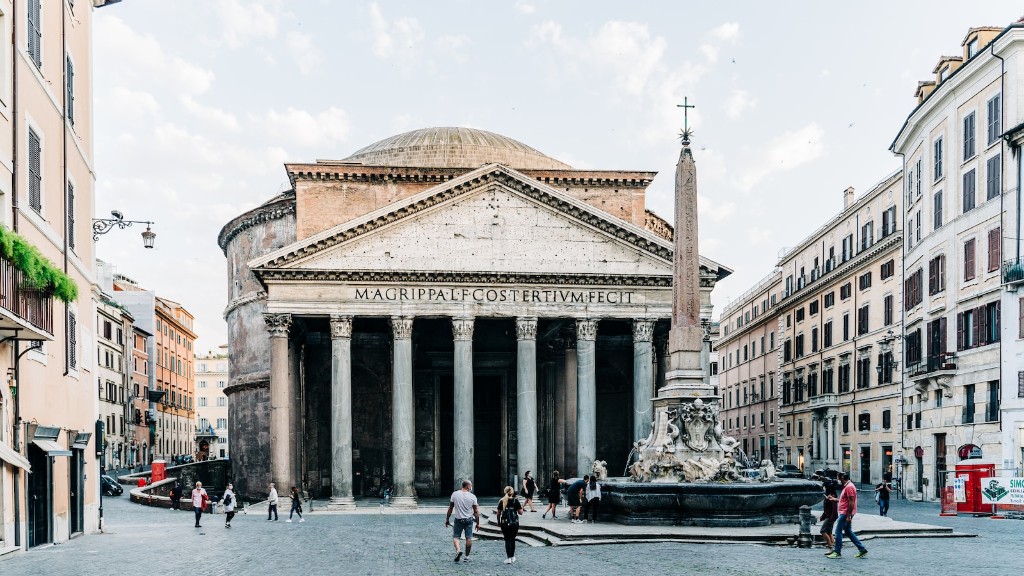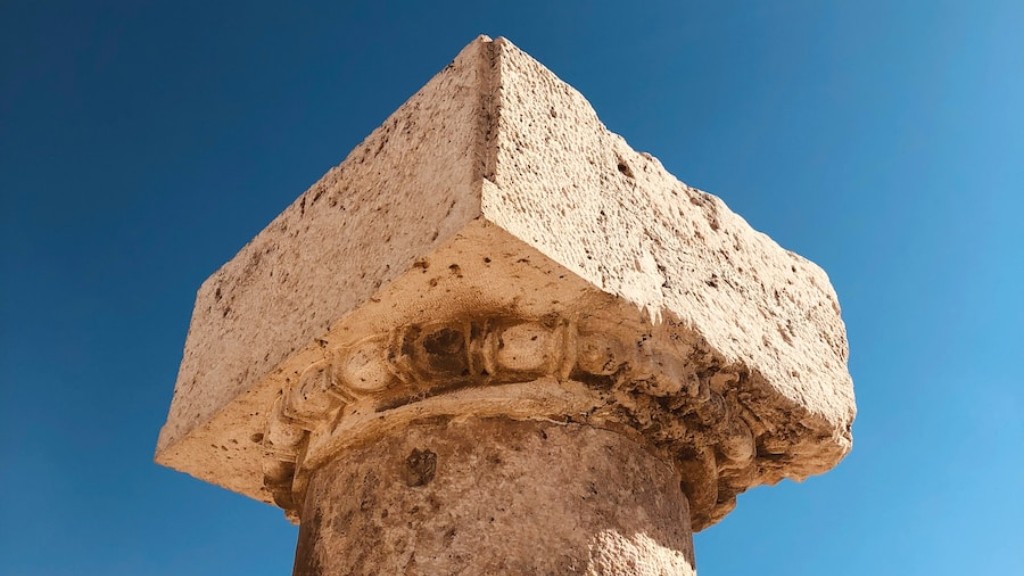How long was ancient Greece around?
Ancient Greece, a civilization known for its contributions to philosophy, politics, art, and literature, spanned from the archaic period (8th century BCE) to the Hellenistic period (1st century BCE). This vast expanse of time allowed for the development and evolution of unique cultural, social, and political systems that continue to shape the modern world.
The Archaic Period (8th-6th century BCE)
The Archaic period witnessed the birth of the city-states or poleis, the rise of tyrants, and the establishment of early democratic institutions. This period saw significant advancements in trade, colonization, and the arts, including the birth of Greek epic poetry with the works of Homer.
During this time, Greece was not a unified state but a collection of independent city-states, such as Athens, Sparta, and Corinth, each with its own unique identity. These city-states were often in conflict with each other, leading to the Peloponnesian War and the ultimate downfall of many poleis.
The Classical Period (5th-4th century BCE)
The Classical period is often considered the height of ancient Greek civilization. It was during this time that Greece experienced its golden age, marked by the flourishing of democracy, philosophy, and the arts.
Athens, under the leadership of Pericles, became the intellectual and artistic center of Greece. The city-state witnessed the construction of iconic structures such as the Parthenon, the establishment of the first democracy, and the emergence of great thinkers like Socrates, Plato, and Aristotle.
Sparta, on the other hand, remained a militaristic society, focusing on discipline, training, and warfare. The Peloponnesian War between Athens and Sparta, which lasted for nearly three decades, resulted in the decline of Athenian power and the rise of Sparta as the dominant force.
The Hellenistic Period (3rd-1st century BCE)
The Hellenistic period followed the conquest of Greece by Alexander the Great and the subsequent breakup of his empire after his death. This period witnessed widespread cultural diffusion across Greece, Egypt, Persia, and India.
Alexander’s empire extended from Greece to Egypt and as far east as India, encompassing diverse cultures and traditions. The Hellenistic period was characterized by an amalgamation of Greek, Persian, and Egyptian influences, resulting in a unique fusion of art, architecture, and philosophy.
Notable achievements during this period include the construction of the Library of Alexandria, the spread of Greek language and culture, and the formation of the famous Hellenistic schools of philosophy, such as the Stoics and the Epicureans.
The End of Ancient Greece
Ancient Greece came to an end with the conquest of the region by the Roman Empire in the 2nd century BCE. The Romans, influenced by Greek culture, adopted many aspects of Greek civilization, incorporating them into their own society.
While the political independence of Greece ended with the Roman conquest, the legacy of ancient Greece continued to shape Western civilization. Greek literature, philosophy, and art have had a profound impact on subsequent generations, with their ideas and ideals still resonating in the modern world.
Conclusion
Ancient Greece, with its rich history spanning from the archaic period to the Hellenistic period, left an indelible mark on human civilization. The achievements and innovations of the ancient Greeks continue to inform and inspire our world today. From the birth of democracy to the development of philosophy and art, ancient Greece laid the foundation for Western culture and intellectual traditions.
By understanding the longevity of ancient Greece and its contributions, we gain insight into the socio-political dynamics and intellectual achievements that have shaped the course of history.


